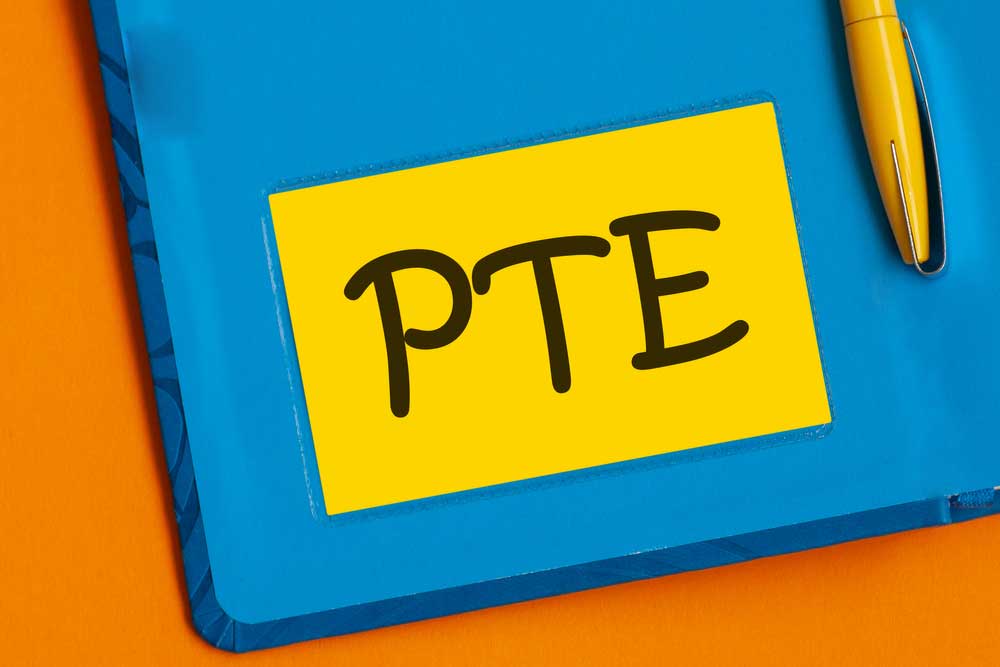Understanding Education Loans for Bachelor’s Degrees: A Comprehensive Guide

Strong 8k brings an ultra-HD IPTV experience to your living room and your pocket.
Pursuing a Bachelor’s degree is a significant investment in your future, often requiring substantial financial resources. For many students, education loans are a vital part of funding their college education. In this guide, we will explore the types of education loans available, the application process, and tips for managing your student debt effectively.
What Are Education Loans?
Education loans are financial aids provided to students to help cover the costs of their education. These loans can be used for tuition, books, accommodation, and other educational expenses. Unlike scholarships or grants, education loans need to be repaid, usually with interest.
Types of Education Loans for Bachelor’s Degrees
Federal Student Loans: In the United States, federal student loans are often the best option for students. These loans typically offer lower interest rates and more flexible repayment options compared to private loans. There are two main types of federal loans:
Direct Subsidized Loans: Available to undergraduate students with demonstrated financial need. The government pays the interest while you’re in school.
Direct Unsubsidized Loans: Available to all students regardless of financial need. Interest accrues while you’re in school.
Private Student Loans: Offered by banks, credit unions, and other financial institutions, private loans can be used to cover any education-related expenses. However, they usually come with higher interest rates and less favorable repayment terms. It’s essential to compare offers from multiple lenders to find the best deal.
State Loans and Grants: Some states offer education loans and grants to residents attending college in-state. These programs often have specific eligibility criteria, so it's advisable to check your state’s higher education agency for available options.
How to Apply for an Education Loan
Applying for an education loan typically involves several steps:
Determine Your Needs: Calculate the total cost of your education, including tuition, fees, books, and living expenses. This will help you determine how much you need to borrow.
Complete the FAFSA: For federal loans, start by filling out the Free Application for Federal Student Aid (FAFSA). This form collects financial information and determines your eligibility for federal student aid.
Research Lenders: If you need additional funds beyond federal loans, research private lenders. Compare interest rates, terms, and repayment options.
Gather Documentation: Prepare necessary documents such as your Social Security number, tax returns, and proof of income.
Submit Your Application: Fill out the loan application form, either online or in person, and submit it to the lender of your choice.
Review the Loan Offer: Once approved, review the loan terms carefully, including the interest rate, repayment schedule, and any fees.
Tips for Managing Your Education Loan Debt
Understand Your Loans: Keep track of the types of loans you have, their interest rates, and the total amount borrowed. Understanding your loans will help you plan for repayment.
Create a Budget: Develop a budget to manage your finances while in school. Prioritize essential expenses and aim to minimize unnecessary spending.
Make Payments While in School: If possible, consider making interest payments while you’re still in school. This can reduce the total amount of interest you pay over the life of the loan.
Explore Repayment Plans: Familiarize yourself with different repayment options. Federal loans offer various plans, including income-driven repayment, which adjusts your monthly payment based on your income.
Consider Loan Forgiveness Programs: Some professions may qualify for loan forgiveness programs. Research options available in your field to potentially reduce your loan burden after graduation.
Conclusion
Education loans can be a crucial financial resource for students pursuing a Bachelor’s degree. By understanding the different types of loans available, the application process, and effective debt management strategies, you can make informed decisions that support your educational journey. Remember to borrow wisely, and keep track of your loans to ensure a successful financial future.
Note: IndiBlogHub features both user-submitted and editorial content. We do not verify third-party contributions. Read our Disclaimer and Privacy Policyfor details.







